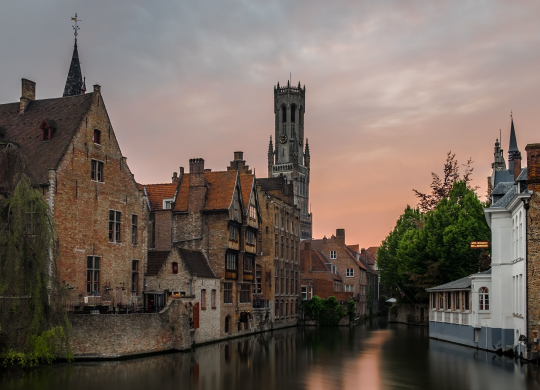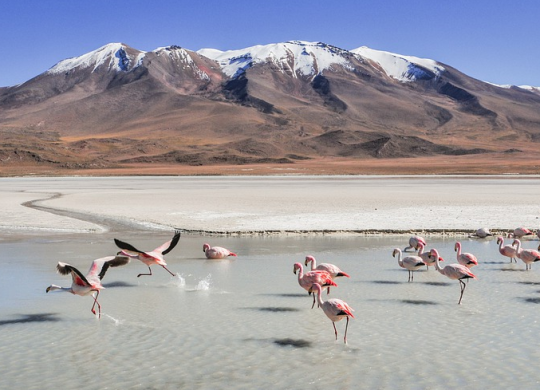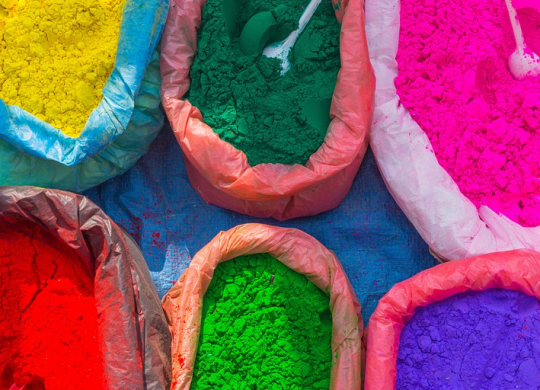Medicine and Healthcare in Nepal: Preparing to Travel to Nepal

Nepal is an Asian country that shares borders with India and Tibet. The whole world knows this state through many temples. The capital of the state of Kathmandu is a unique city with Hindu and Buddhist shrines. Nepal is among the least economically developed countries. Therefore, visiting this country is associated with certain health risks.
Preparing for your trip to Nepal
Visiting Nepal does not oblige you to make any vaccinations or certificates. But there is a list of recommendations from a doctor for vaccination depending on the season and the length of your stay in the country. We recommend getting a consultation before you travel to Nepal.
Among the dangerous infections that are most often vaccinated are the following:
• tetanus and diphtheria;
• polio
• hepatitis A;
• typhus (if you are planning a long stay in the villages)
• meningococcal infection (recommended for everyone);
• Japanese encephalitis
Remember that any vaccination contributes to the appearance of immunity only 15-28 days after vaccination. In order to prevent this, you should be careful about the consumption of food and water in Nepal, as in Nepal there are often cases of infection with gastrointestinal diseases. If you feel bad and have symptoms, contact your doctor for medical advice.
Where to get medical care in Nepal?
There are public and private medical institutions in Nepal. Specialists in the capital and other major cities (Patana, Pokhara) can provide you with qualified medical care. But keep in mind that the cost of medical care in Nepal for foreigners is much higher than for the local population.
If you find yourself in a village, local health workers may not be available or may be able to provide only minimal medical care. The tourist areas of Nepal Annapurna and Solukhumbu have a network of medical stations with quality equipment to provide medical care. There is also a huge number of volunteer doctors during the spring and summer tourist seasons. They can be found in Perich, Machermo and Manang
Nepal hospitals
- The best medical care can be obtained in the capital of the country - Kathmandu. Nepal International Clinic opposite the Royal Palace takes the lead. But be aware that Nepalese hospitals are always overcrowded with patients.
- You can also get advice in private clinics. The cost of the survey will be about $25, excluding laboratory tests.
- It is also possible to call a doctor at home (analogous to an “emergency ambulance”).
- In case of need for surgery, the most suitable option is Patan Hospital in Lagankhel (better known as Shanta Bhavan)
- The Bir Government Hospital near Tundhikhel has expensive high-tech equipment, but there is a problem with the availability of medicines and basic supplies.
- In Pokhara, the Western Regional Hospital would be the best option.
- Health posts in small towns offer minimal services and are often closed or out of stock. Therefore, always stock up on a set of essential medicines before traveling.
Thus, staying in Nepal implies an attentive attitude to one's health, since qualified medical care is available only in the capital and large cities. And in case of unforeseen situations in distant regions, the responsibility for health to a large extent falls on the tourist himself.
Recommended articles
5 min
Treatment
4 min
Treatment
4 min
Residence permit
All materials and articles are owned by VisitWorld.Today and are protected by international intellectual property regulations. When using materials, approval from VisitWorld.Today is required.
